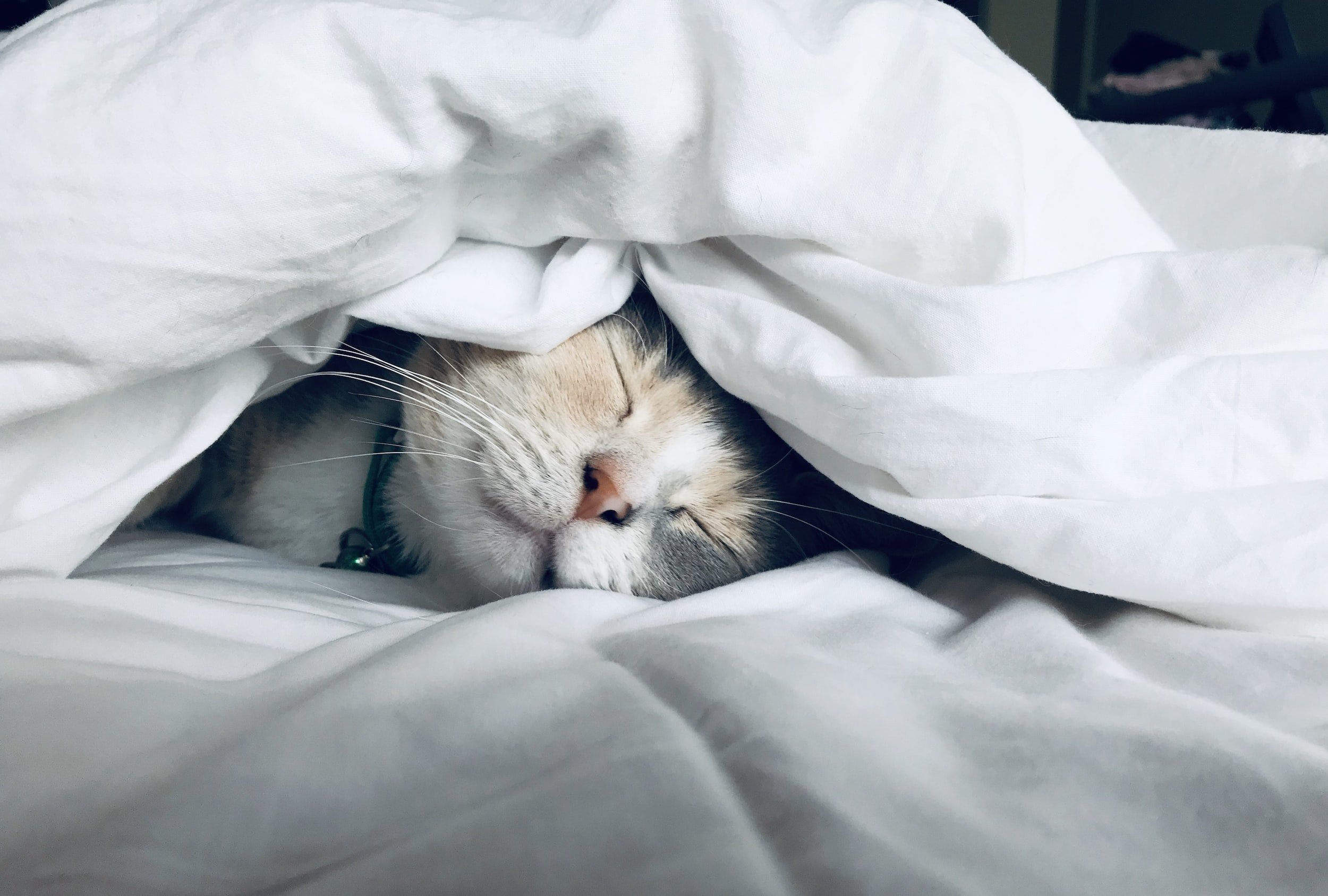Sleep Habits
Dr. John here, and I want to talk to you about the importance of getting enough sleep. We know that the recommended amount of sleep is 7-9 hours per night, and even small amounts of sleep deprivation can have a significant impact on your overall health and well-being.
To help you get the best sleep possible, I have a few tips for you. Firstly, try to limit your screen time before bed. The blue light emitted from electronic devices can interfere with your body's production of melatonin, which is important for regulating your sleep-wake cycle. Instead, try reading a book or magazine before bed.
Next, it's important to pay attention to what you eat and drink before bed. Eating a heavy or spicy meal too close to bedtime can make it harder to fall asleep, so try to have your last meal 3-4 hours before bedtime. It's also important to limit your fluid intake before bed to avoid having to get up during the night to use the bathroom. And finally, be mindful of your caffeine intake, especially in the afternoon and evening. Caffeine has a half-life of 6-9 hours, so it can still be affecting your sleep long after you've had your last cup.
Another key factor for good sleep is sticking to a consistent sleep schedule, going to bed and getting up at the same time every day, even on weekends. This helps regulate your body's natural sleep-wake cycle.
Finally, make sure your sleep environment is comfortable and conducive to sleep. Invest in a good mattress and pillow, and choose sleep clothes and bedding made from natural materials like cotton, rather than synthetic materials like polyester. Some research suggests that sleeping with your body aligned North and South, rather than East and West, can improve the quality of your deep REM sleep. And lastly, aim to sleep in a cool room, between 60-67 degrees Fahrenheit.
I hope these tips help you get the best sleep possible! Sweet dreams!

